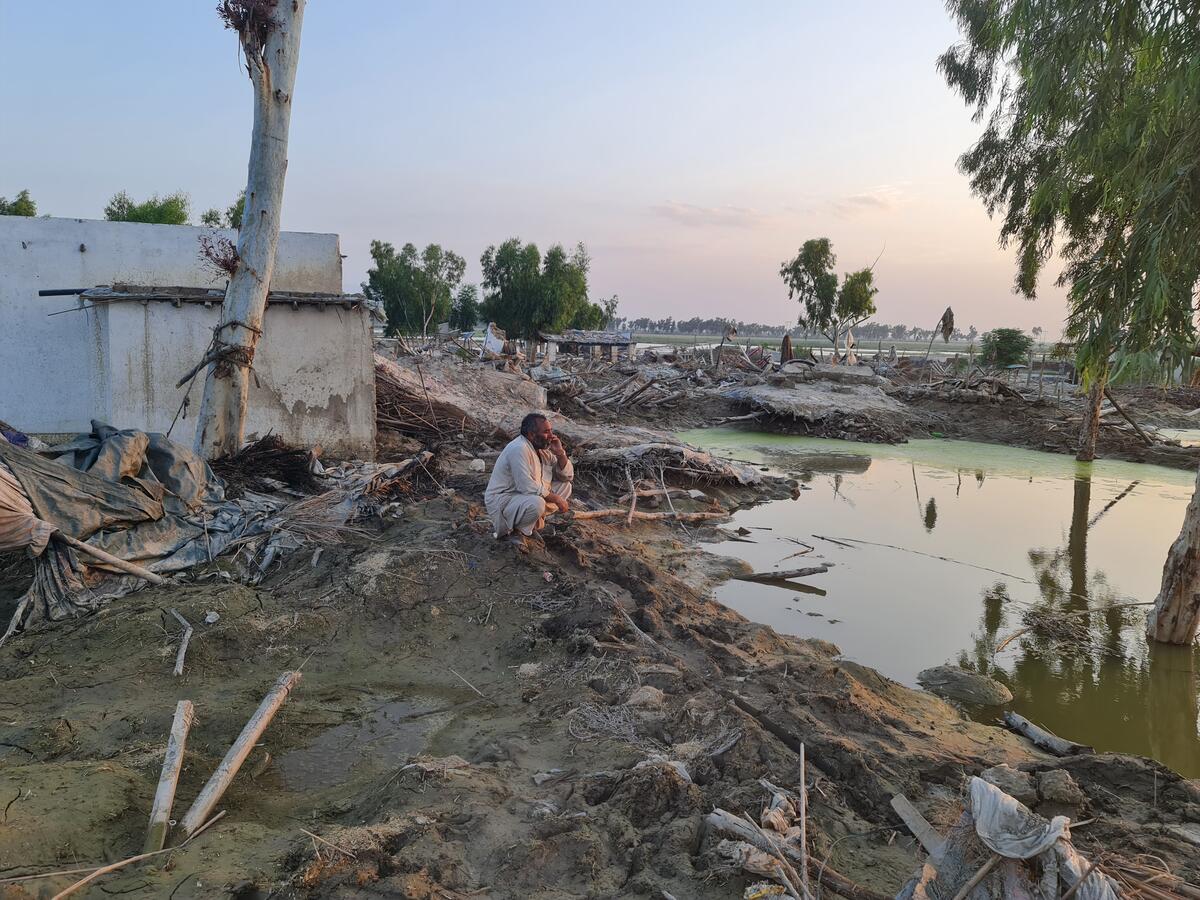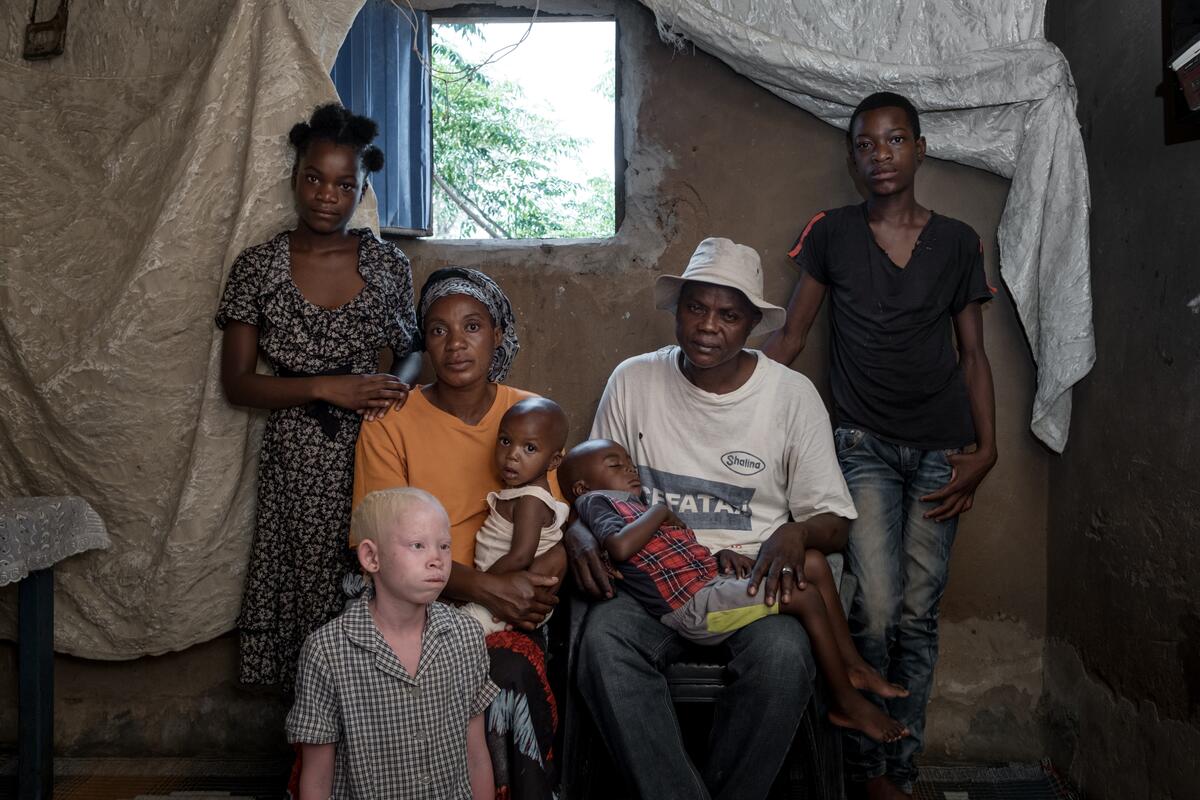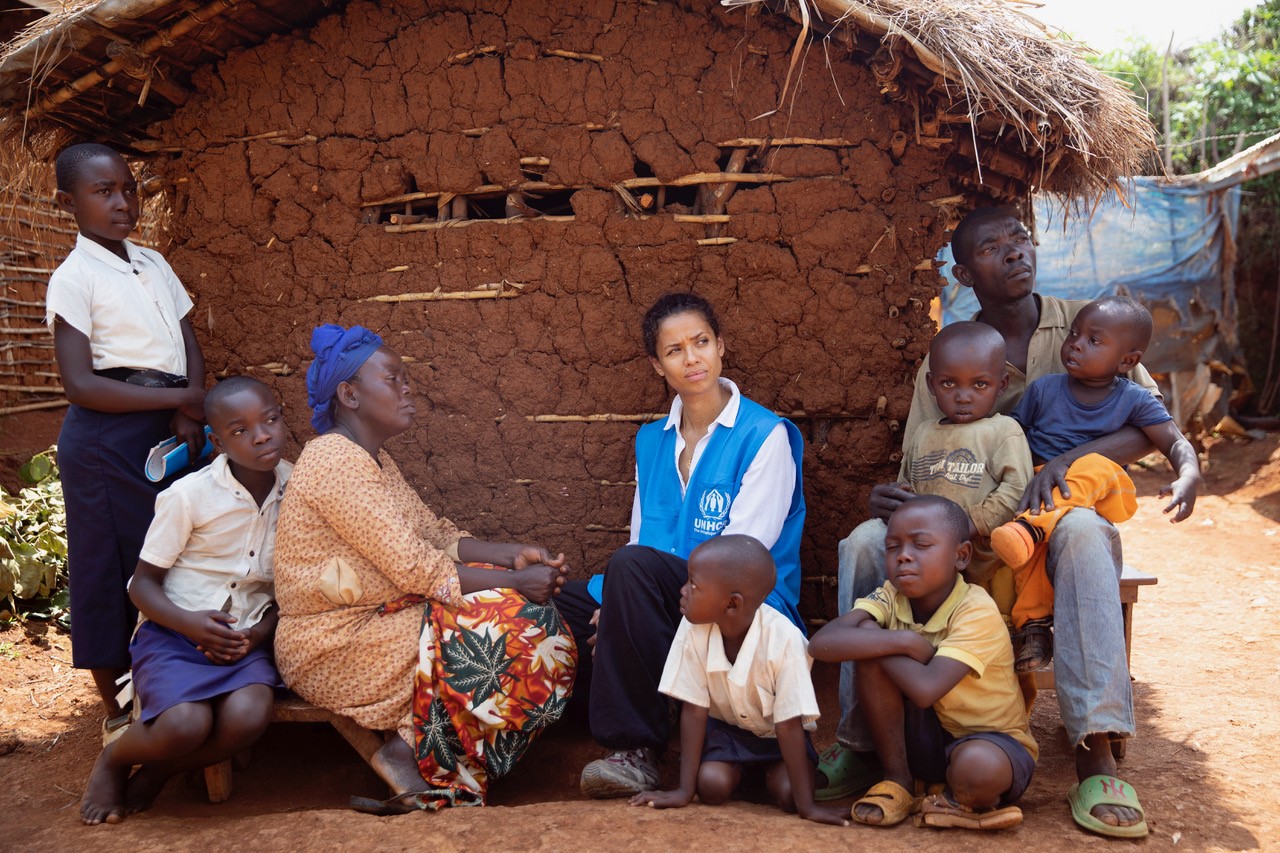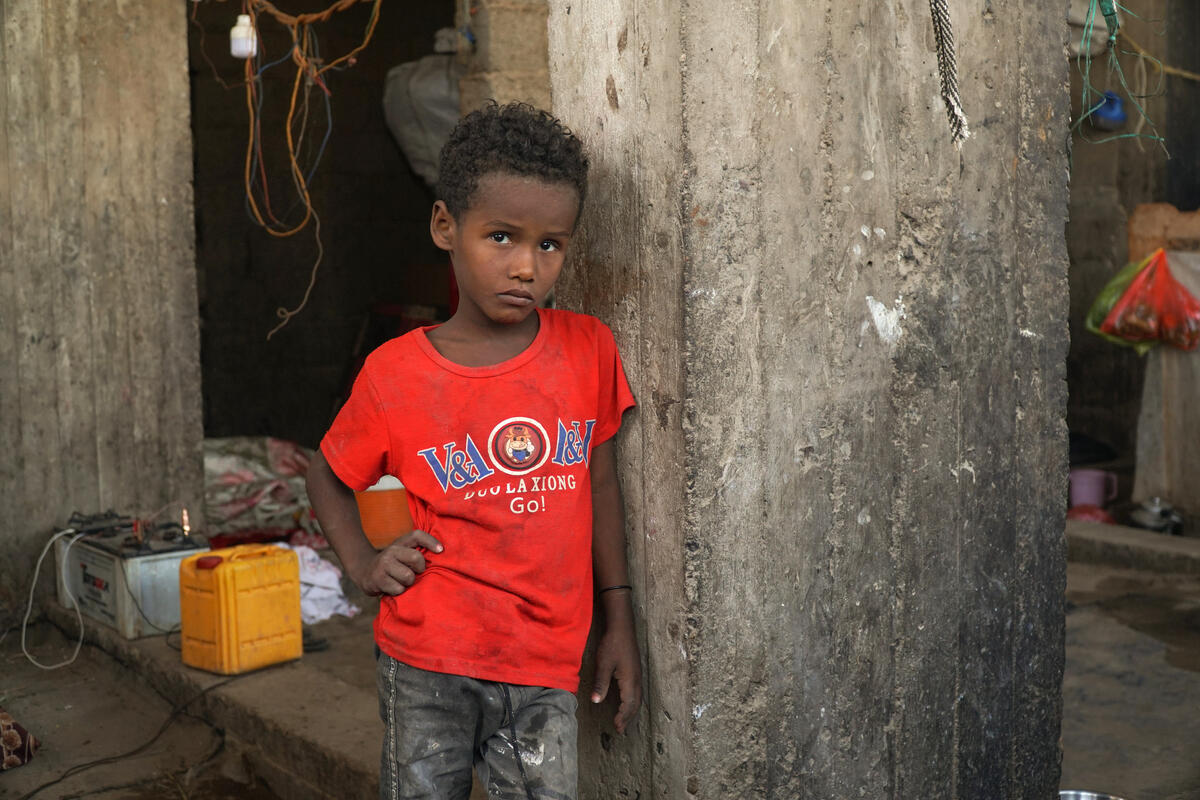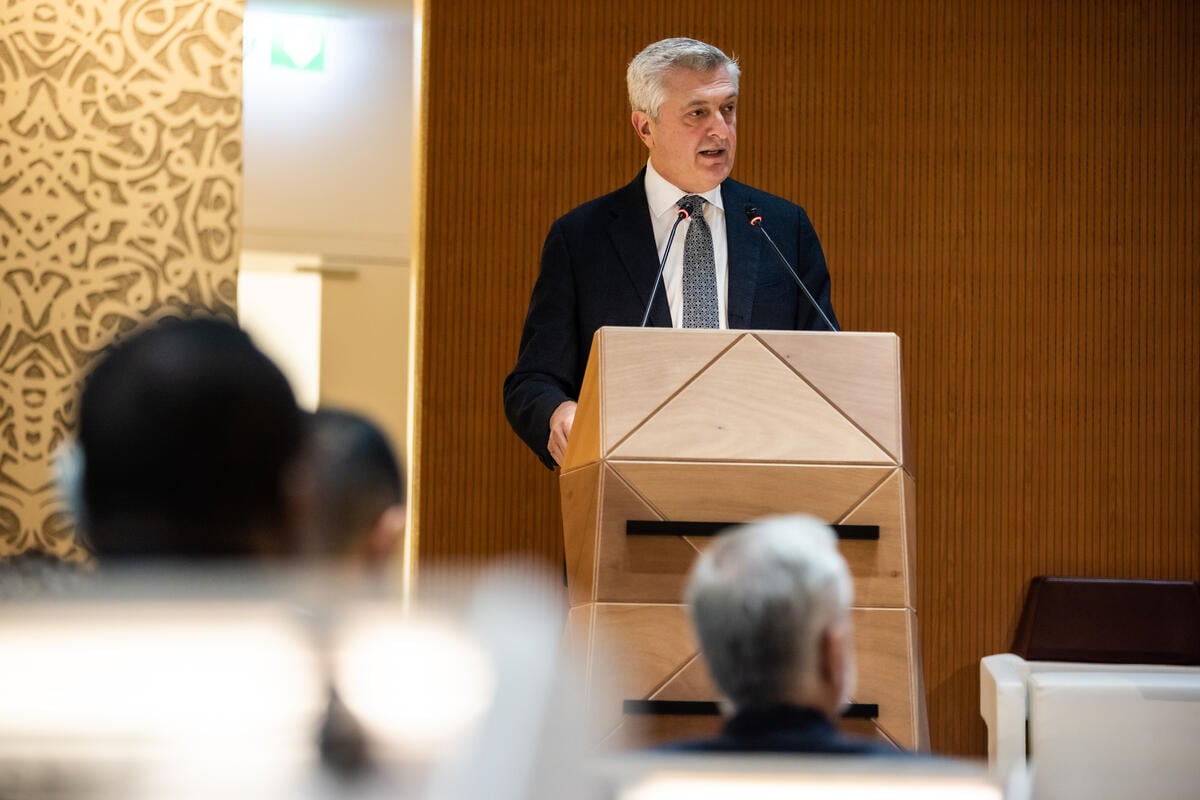Kenya: Rapid influx of Somalis underlines urgency of OCHA flash appeal
Kenya: Rapid influx of Somalis underlines urgency of OCHA flash appeal
The rapid influx of new refugees from Somalia to Kenya is stretching the assistance capacities of all humanitarian agencies operating on the ground, so today's joint flash appeal announced by OCHA is urgent. UNHCR's portion of the appeal - still subject to internal approval - is for $10.2 million to plan, coordinate and implement the emergency response in collaboration with other UN agencies. As of today, more than 34,000 Somalis have fled to Kenya since the beginning of the year, fleeing increased violence in Southern and Central Somalia. We fear this figure could climb to 80,000 by the end of the year. Dadaab already hosts 160,000 refugees in three sites, so we would need to find a new location for new arrivals. In the past two weeks, the arrival rate reached 1,000 a day on several occasions, and 2,000 per day on Oct. 4-5. A total of 14,000 have crossed since September 1. UNHCR will lead the emergency response in collaboration with WFP, UNICEF, UNFPA and WHO, along with several non-governmental organisations.
A 3-year-old girl was diagnosed last Friday with polio in one of the three sprawling camps in Dadaab. The girl had reportedly received all necessary vaccinations but still contracted polio - the first case in Kenya in more than 20 years. This new case is quite worrying, and a team composed of government officials, UNHCR, WHO and UNICEF is on the way to Dadaab today to organise a response to this threat.
Meanwhile, at the request of the Government of Kenya, we have suspended our operations at the Somalia-Kenya border for the last few days so we can set up a more efficient screening and registration process for new arrivals at the border. We're doing this because we've seen evidence that some refugees in the Dadaab camps have tried to cheat the system by registering twice so that they can get extra ration cards. As a result of the suspension, we are increasingly concerned about the situation at the border, especially in Liboi, where there are some 2,500 people now at the reception centre who are without assistance.
We have deployed additional staff members to Dadaab to implement emergency registration procedures, which include fingerprinting all new arrivals. An information campaign is also being initiated to discourage those who attempt to cheat. The campaign includes working closely with refugee leaders and explaining to them the asylum policy in Kenya. We hope to resume convoys to and from the border in a few days, as soon as these new measures are in place. Meanwhile, we are still allocating plots to refugees in Dadaab and recent arrivals are now building their shelters.



